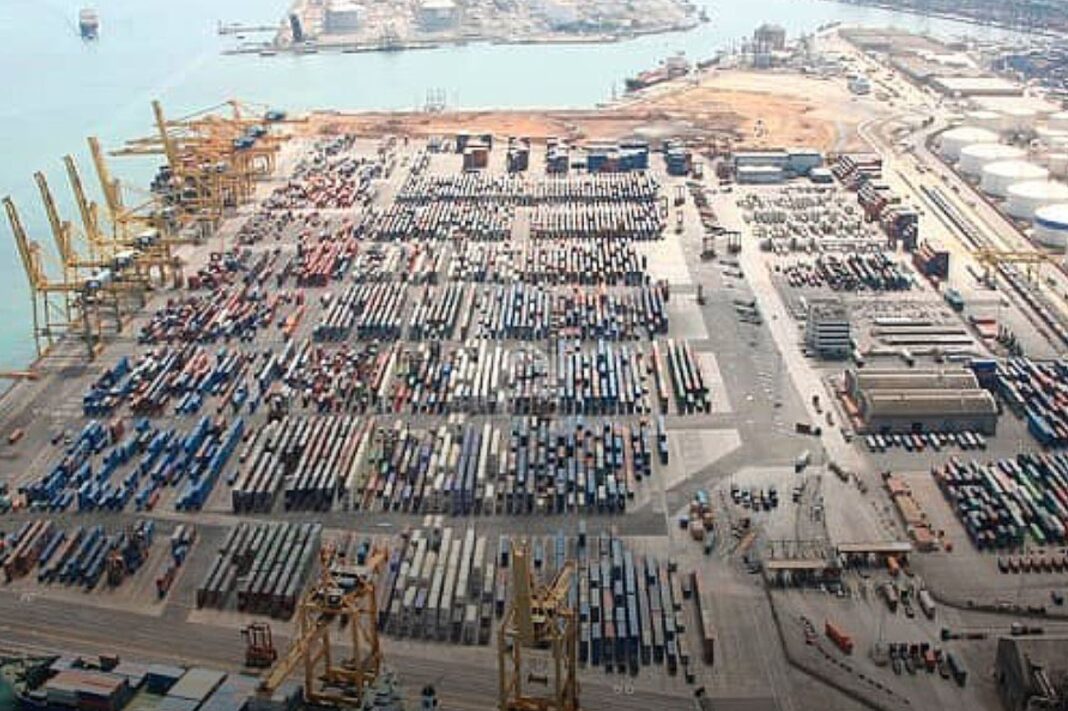ISLAMABAD: Thousands of containers of different international shipping agencies have lain stranded at the Karachi Port since December, turning it into a city of containers following the imposition of import restrictions and LCs issue, reports WealthPK.
The non-clearance of containers has made imported raw materials unavailable, leading to the closure of hundreds of industrial units countrywide. This brought huge losses to the companies and caused massive layoffs.
The terminal operators are also facing a significant decrease in income. The storage space at the port has exhausted, while there are containers at the port which lie stuck since May 2022.
According to Khurram Aziz Khan, CEO of Pakistan International Container Terminal, import barriers due to the current situation and foreign exchange crisis have also created difficulties for the terminal operators. A dollar investment plan has been drawn up but it is subject to the renewal of the terminal’s concession agreement.
Talking to WealthPK, Pakistan Industrial and Traders Association Front (PITAF) Chairman Faheem-ur-Rehman Saigol said the traders were paying a huge price due to the government’s restraint policies.
He said the government should come forward with a permanent solution to address import restrictions and LCs issuance problem.
Commenting on the stranded shipping consignments at the port, he said food crisis was worsening in the country due to the increased prices of commodities with each passing day. He said the prices of edible oil, imported food items, formula milk, tea, and other products had increased substantially.
Saigol said the obtaining situation could lead to a serious shortage of food items like edible oil, onions, pulses, and wheat due to the non-clearance of containers. He said imported items worth $4-5 billion lie stuck at the port, bringing huge losses and embarrassment to the traders.
Saigol warned that the failure to unban imports will lead to the closure of more industrial units, as hundreds of industries had already closed down countrywide.
It is also worth mentioning that Pakistan’s major industries, including steel, textiles and pharmaceuticals, are hardly functioning due to the increased production cost.
In a recent media talk, Wajid Bukhari, head of Large-Scale Steel Producers Association, forewarned of serious supply chain issues following the shortage of scrap metal, which is used in the manufacture of steel bars for the construction sector.
The construction sector is directly linked to 454 different industries and the country’s current economic circumstances have triggered a sense of fear among the industrialists.






